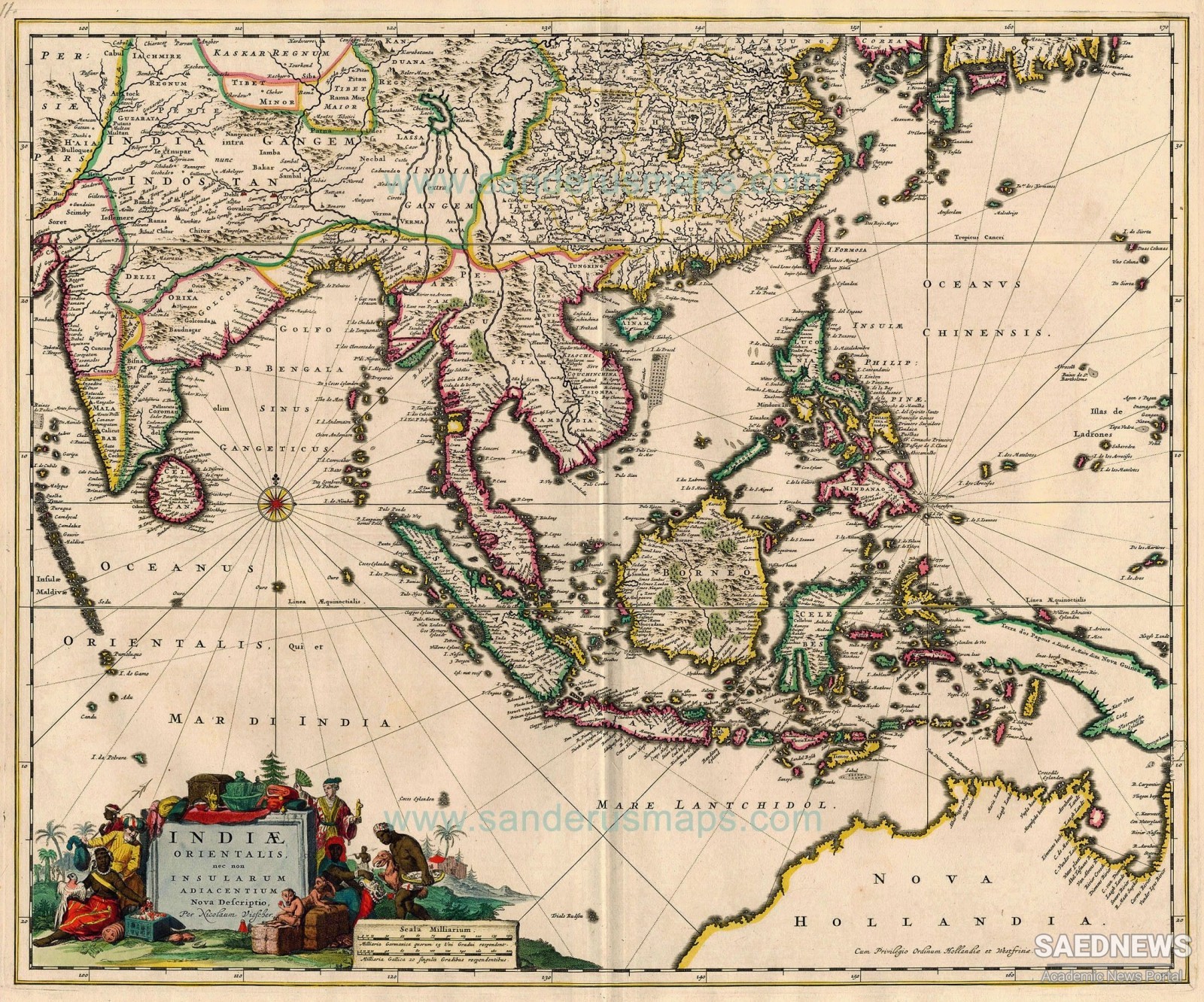On June 13, 1910, Arthur James Balfour lectured the House of Commons on "the problems with which we have to deal in Egypt." These, he said, "belong to a wholly different category" than those "affecting the Isle of Wight or the West Riding of Yorkshire." He spoke with the authority of a long-time member of Parliament, former private secretary to Lord Salisbury, former chief secretary for Ireland, former secretary for Scotland, former prime minister, veteran of numerous overseas crises, achievements, and changes. During his involvement in imperial affairs Balfour served a monarch who in 1876 had been declared Empress of India; he had been especially well placed in positions of uncommon influence to follow the Afghan and Zulu wars, the British occupation of Egypt in 1882, the death of General Gordon in the Sudan, the Fashoda Incident, the battle of Omdurman, the Boer War, the Russo-Japanese War. In addition his remarkable social eminence, the breadth of his learning and wit— he could write on such varied subjects as Bergson, Handel, theism, and golf—his education at Eton and Trinity College, Cambridge, and his apparent command over im-perial affairs all gave considerable authority to what he told the Commons in June 1910. But there was still more to Balfour's speech, or at least to his need for giving it so didactically and moralistically. Some members were questioning the necessity for "England in Egypt," the subject of Alfred Milner's enthusiastic book of 1892, but here designating a once-profitable occupation that had become a source of trouble now that Egyptian nationalism was on the rise and the continuing British presence in Egypt no longer so easy to defend. Recalling the challenge of J. M. Robertson, the member of Tyneside, Balfour himself put Robertson's question again: "What right have you to take up these airs of superiority with regard to people whom you choose to call Oriental?" The choice of "Oriental" was canonical; it had been employed by Chaucer and Mandeville, by Shakespeare, Dryden, Pope, and Byron. It designated Asia or the East, geographically, morally, culturally.


 Orientalism, Standardization and Homogeneity
Orientalism, Standardization and Homogeneity














































